A fever represents elevated body temperature and is a common sign of many illnesses. A fever usually develops due to infections or inflammation but there are countless other medical conditions that are accompanied with fever. In adults, fever below 103 F (39.4 C) is not considered dangerous. However, this measurement of body's temperature in infants and young children requires treatment as it may be a sign of serious infection.
For majority of people body temperature is around 98.6 F (37 C). Body temperature below 100.8 (38.2 C) is considered as low-grade fever whilst a temperature above 103 F (39.4C) is termed as high-grade fever.
Nevertheless, the degree of fever does not always indicate severity of the underlying medical problem as minor ailments can be accompanied with high fever while serious illnesses may cause low-grade fever.
A fever appears to be useful as it promotes immunological response to infection-causing agents. It usually resolves within a couple of days and it does not necessarily have to be treated. However, a fever can be reduced with different over-the-counter medications and different home remedies.
Complications of Fever
A body temperature in children aged between 6 months and 5 years that rises too quickly can lead to a fever-induced seizure or febrile seizure. However, this condition does not result in long-term problems.
Febrile seizures are characterized by loss of consciousness and shaking of limbs on both sides of the body. Sometimes though, it may cause a child to become rigid and have involuntarily contractions of muscles in some parts of the body.
A child with a febrile seizure should be placed on a floor, lying on his/her side or stomach. Tight clothing should be loosened and any objects that may cause injury should be removed. The child should not be restrained to stop seizure movements.
Usually a febrile seizure resolves without a medical treatment but parents should seek for immediate medical attention if a seizure lasts longer than 10 minutes. After a seizure, parents are advised to take their children to the doctor to rule out other causes of seizure. Treatment for Fever
To lower body temperature one can use over-the-counter fever-reducing medications such as acetaminophen (Tylenol) and ibuprofen (Advil, Motrin). However, these medications should not be taken if temperature is below 102 F (38.9 C).
Since a fever leads to fluid loss and dehydration it is recommended to increase fluid intake. Rest is also important activity which increases body's temperature. A person with a fever should get a tepid bath for 10 minutes. Alcohol rubdown is not recommended.






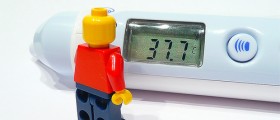
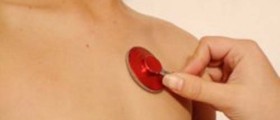
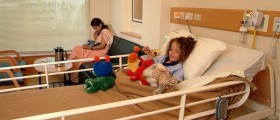
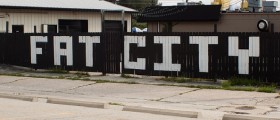


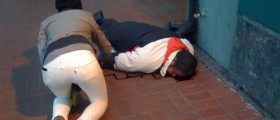

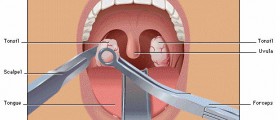

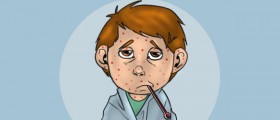
Your thoughts on this
Loading...